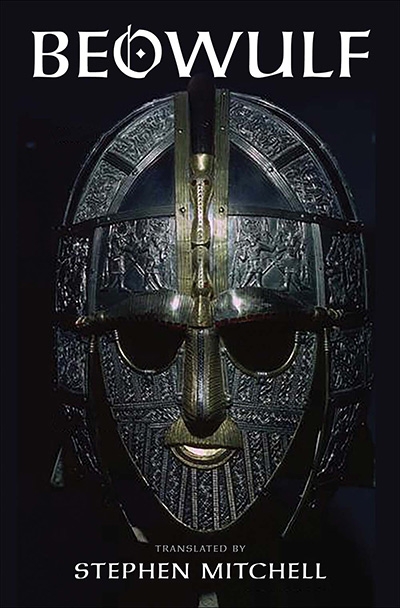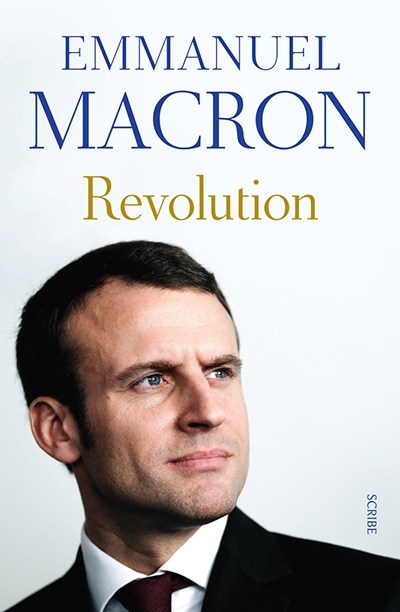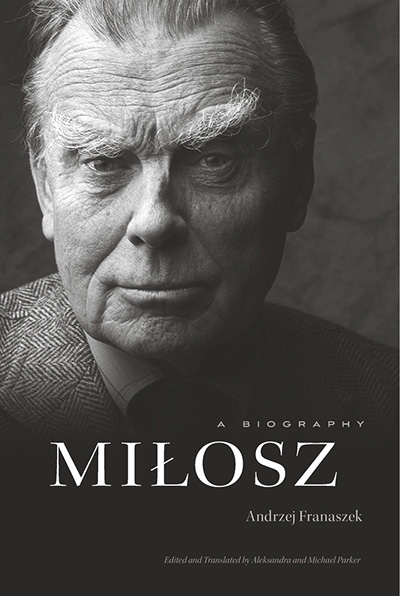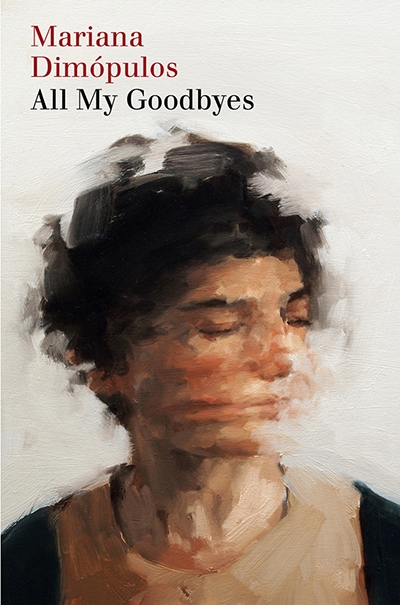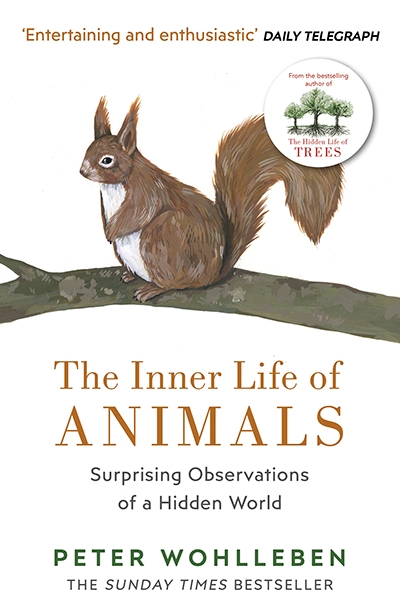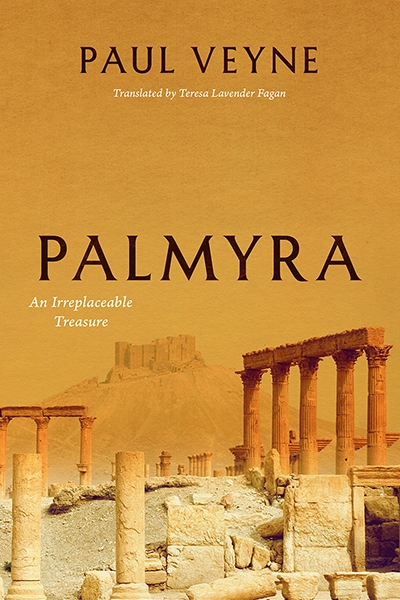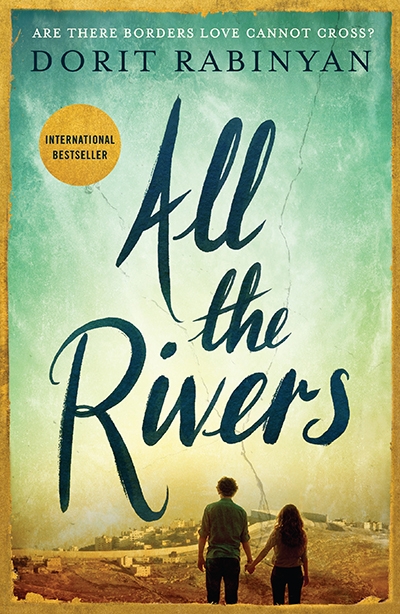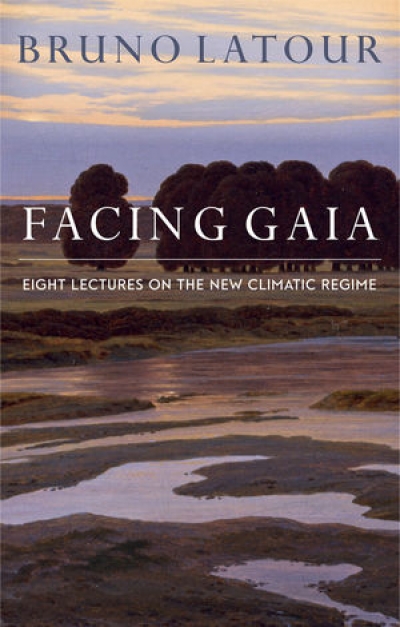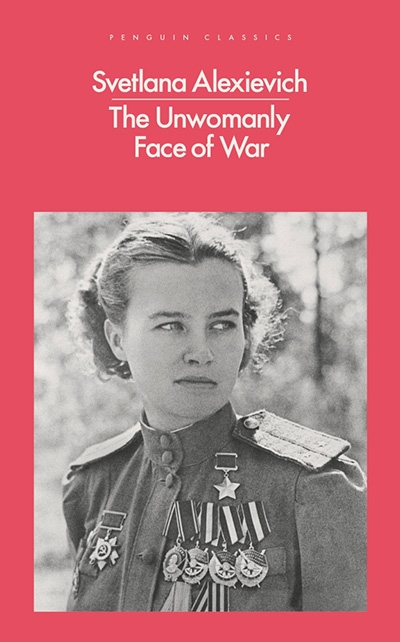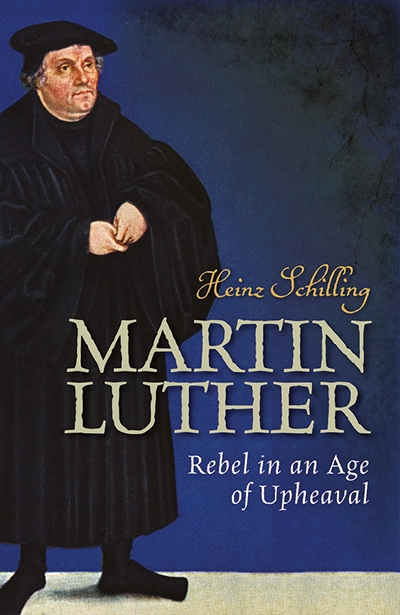Translations
The Old English Beowulf, the most important poem in English before Chaucer, was probably composed in the eighth century. The poem traces Beowulf’s three fights against the monster Grendel, Grendel’s mother, and the dragon. The dragon is defeated, but Beowulf also dies in the battle. The poem ends with an elegiac lament ...
... (read more)Revolution by Emmanuel Macron, translated by Jonathan Goldberg and Juliette Scott & The French Exception by Adam Plowright
After a succession of dramatic political events across the Western world in 2016, all eyes were on the French presidential election when it took place in the first half of 2017. Would the French resist the sirens of populism? Would the surprise campaign of the youngest candidate ever, Emmanuel Macron, offer a ...
... (read more)Miłosz: A biography by Andrzej Franaszek, edited and translated by Aleksandra Parker and Michael Parker
About halfway through this thick biography of the Nobel Prize-winning poet Czesław Miłosz (and halfway through the century of horrors that his life experiences uncannily track and are witness to) came a passage that stopped me dead ...
... (read more)Given that the unnamed narrator–protagonist of Mariana Dimópulos’s All My Goodbyes (Cada despedida) has difficulty putting together and understanding her own fractured, nomadic life, it is perhaps not surprising that we readers have to call on all of our faculties to reconstruct her narrative – but it is well worth the effort ...
... (read more)The Inner Life of Animals: Love, grief and compassion – surprising observations of a hidden world by Peter Wohlleben, translated by Jane Billinghurst
In a 1974 paper, American philosopher Thomas Nagel famously wondered what it was like to be a bat. He concluded that we could never know what it was like to be a member of a different species – that the inner lives of animals are ultimately inaccessible to us ...
... (read more)Palmyra: An irreplaceable treasure by Paul Veyne, translated by Teresa Lavender Fagan
France’s higher education system can seem arcane to outsiders, especially those from the English-speaking world. Although the Sorbonne is coeval with Oxford and Cambridge, there is far greater prestige in attending one of the Grandes Écoles such as Polytechnique or the École Normale Supérieure, only accessible by notoriously ...
... (read more)In December 2015, Israel’s Ministry of Education banned Dorit Rabinyan’s prize-winning novel All the Rivers from the high school curriculum on the grounds that the story of a romance between an Israeli woman and a Palestinian man ‘threatens separate identity and promotes intermarriage’. Far-right Education Minister Naftali Bennett backed the decision ...
... (read more)Facing Gaia: Eight lectures on the new climaticregime by Bruno Latour, translated by Catherine Porter
Have you heard of the Anthropocene, the so-called Age of Humans? Our geological epoch has been renamed because human influences on Earth are so profound that not only is our climate changing, but so are our soils, water, and social order. Bruno Latour, prolific French philosopher and historian of science, dedicates his book ...
... (read more)The Unwomanly Face of War by by Svetlana Alexievich, translated by Richard Pevear and Larissa Volokhonsky
When Svetlana Alexievich won the Nobel Prize in 2015, the response in the Anglophone world was general bewilderment. Who was she? The response in Russia was the opposite: intense, personal, targeted. Alexievich wasn’t a real writer, detractors said; she had only won the Nobel because the West loves critics of Putin ...
... (read more)Martin Luther: Rebel in an age of upheaval by Heinz Schilling, translated by Rona Johnston
Australia’s politicians may be too mired in power skirmishes to notice that 31 October 2017 marked the five-hundredth anniversary of Martin Luther’s trumpet blast of the Reformation: the posting of the Ninety-Five Theses, his ‘Disputation on the Power of Indulgences’, on the bulletin board of a castle church in the ...
... (read more)

